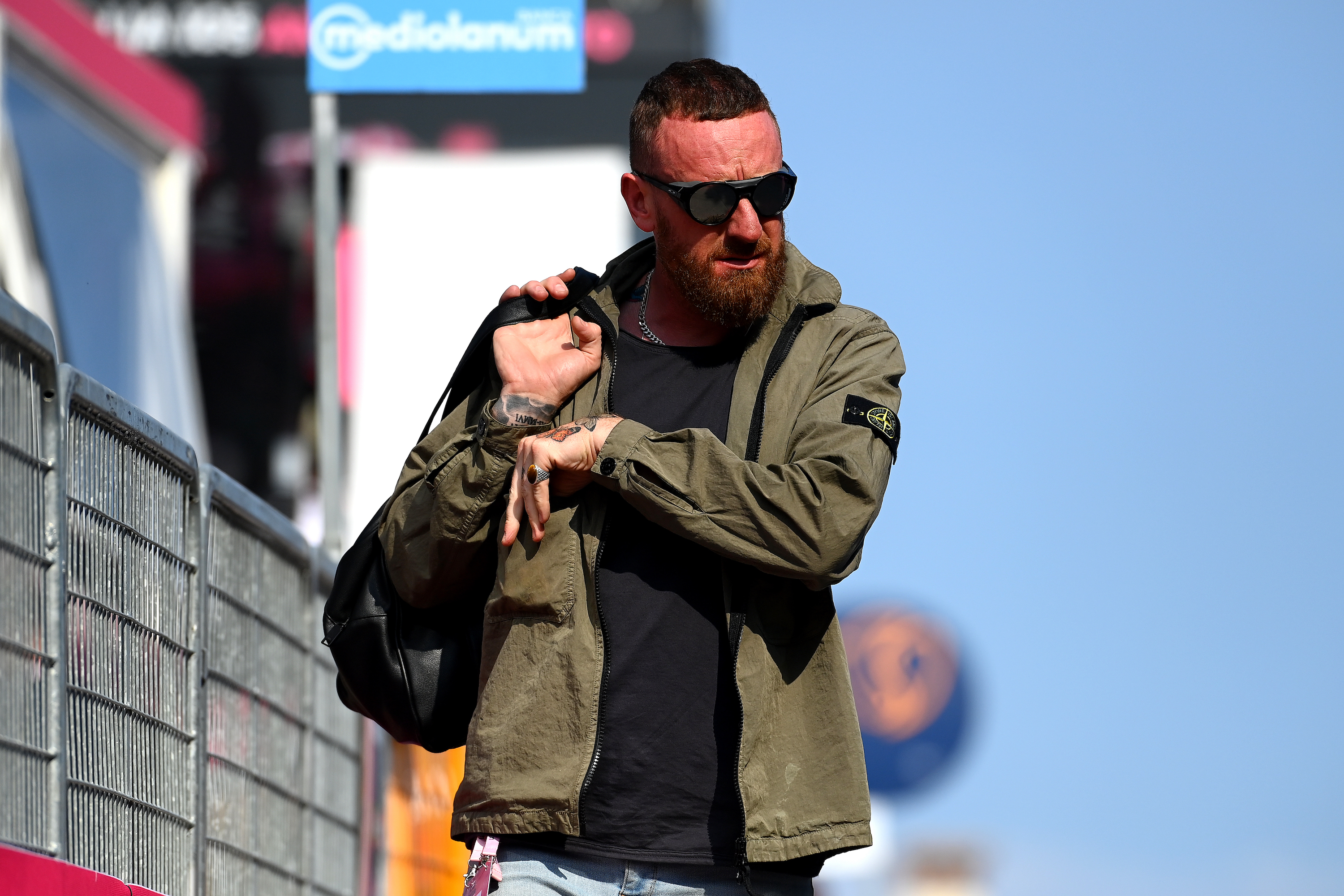Bradley Wiggins: Abuse contributed to making me a great cyclist
The Tour de France winner is part of a new NSPCC campaign to help people spot the signs of child abuse


Bradley Wiggins has said that the abuse he suffered as a child helped contribute to his success as a cyclist, saying that it is a "real contradiction" that the adversity he faced is what gave him the "drive to run away".
The former Tour de France and multiple Olympic champion alleged last year that he was groomed by a coach when he was a 13 year old, saying that he had "buried" it, as he had no one to tell as a teenager.
He is helping front a new NSPCC (National Society for the Prevention of Cruelty to Children) campaign to help people spot the signs of child abuse. The campaign is called 'Listen Up, Speak Up', and aims to equip adults with the skills necessary to help keep children safe.
At the launch of the strategy Wiggins spoke about the impact of abuse on him, and how it fed into him becoming a top cyclist.
"I kind of think it contributed to why I was so great at cycling. It’s a real contradiction in that the adversity is what gave me the drive to run away," he said, The Guardian reported.
"I think there’s a difference between being good and great at something and my greatest ability was riding on my own. The drive that came within, particularly with cycling, it was a means to facilitate escaping from where I grew up.
"So I’d ride for hours away from Kilburn… the bike became a vehicle to run away from my childhood problems. The longer I could spend on my own time-trialling for an Hour Record or an Olympic time trial, in my own head was an escapism from the person I was. When I stopped cycling, I didn’t have that and I had to accept who I was."
The latest race content, interviews, features, reviews and expert buying guides, direct to your inbox!
"I think lots of people that are great at something have a drive that kind of stems from adversity… What we can do is change and accept it, learn to stop running away from it and help others."
Over the last year, the NSPCC has recorded a 14% increase in reports to its helpline of in-person sexual abuse concerns, with over 8,000 adults calling in. More than 27,000 other calls were taken about neglect and physical and emotional abuse of children. The new campaign, which aims to reach a million people, includes a free 10-minute digital training course plus emails from experts on the action people can take.
Wiggins said that there was suspicion around the person that abused him at the time of the incidents involving him, but nothing was ever done, as he urged people to speak up.
"I became aware that onlookers at the time, other coaches, had recognised the signs and heard the rumours but did nothing about it," he said.
"Rather than worrying [if] you’re intruding or intervening or the consequences of that… if you’re right wouldn’t you rather just go in and take that risk?"
"This campaign is so important. I think we all have a responsibility as adults, parents, onlookers, coaches, teachers to recognise the signs."

Adam is Cycling Weekly’s news editor – his greatest love is road racing but as long as he is cycling, he's happy. Before joining CW in 2021 he spent two years writing for Procycling. He's usually out and about on the roads of Bristol and its surrounds.
Before cycling took over his professional life, he covered ecclesiastical matters at the world’s largest Anglican newspaper and politics at Business Insider. Don't ask how that is related to riding bikes.